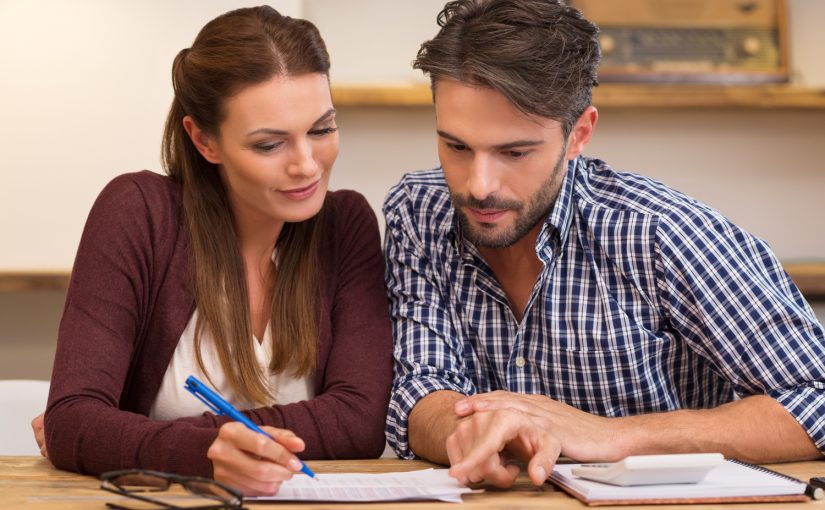It’s no rocket science: Whoever wants to buy a property should first calculate the costs to see how much he can afford.
This requires a budget that shows: what financial resources are available? What is your monthly budget without getting into trouble? You can quickly determine in 5 easy steps how much you can afford.
Step 1 – How much is your regular income?
List what monthly income you have. These include wages and salaries, bonuses, rental income, capital income, pensions, subsistence or fees. You should only include salary increases, holiday and Christmas bonuses if the payment is secured by your contract.
You are self-employed and therefore do not receive a fixed salary? Then count on the profit that you have earned for at least three years and calculate the average monthly value.
Please note: When calculating the income from a property that you already own, always include the running costs and any temporary vacancies.
Step 2 – What are your regular expenses?
Every household has several costs: they pay for rent, food, leisure activities, clothing, insurance etc. Put together all amounts that need to be paid per year. If you would look at it monthly, items that are pending once a year, such as a membership can quickly go unnoticed. Once the yearly spending is established you can easily calculate the average monthly value.
Please note: Consider also any maintenance, insurance and possible repairs for cars and properties.
Step 3 – What actual monthly amount is available?
When you have finished gathering your numbers, you can simply deduct your monthly expenses from your monthly income; and voilá: you know the amount that is available to you to finance a property.
Please note: Once you decided to go with a credit this amount will be examined by your bank as well. It’s best to keep your calculation for future examination.
Step 4 – What is your available equity?
Have you been saving for your dream house? Excellent! This equity is an important building block for buying your property. Some experts recommend that 20 to 30 percent of the costs should be covered by saved assets.
You don’t have savings or don’t like to use them? Then inform yourself about full financing concepts.
Please note: “Equity” does not only include savings but everything you can do to make money in no time, such as stock funds, etc.
Step 5 – What are additional costs for the property purchase?
Usually with the borrowing and the purchase contract incurs additional costs, for example, the commission for the broker, notary fees, fees for entry in the land register, the land transfer tax etc. These additional costs must be deducted from the calculated sum of your maximum financial feasibility.
Please note: It is always wise to don’t go all the way up to the maximum amount you can afford – leave yourself some space to breathe.
You can start looking for an affordable property at https://www.propertyunder20k.com/
